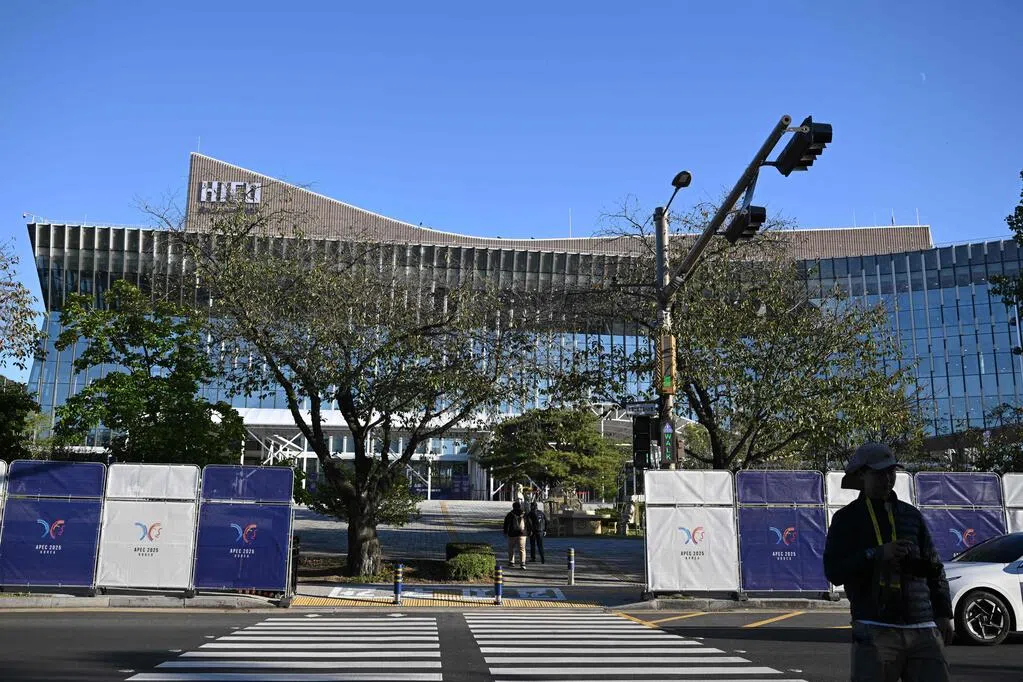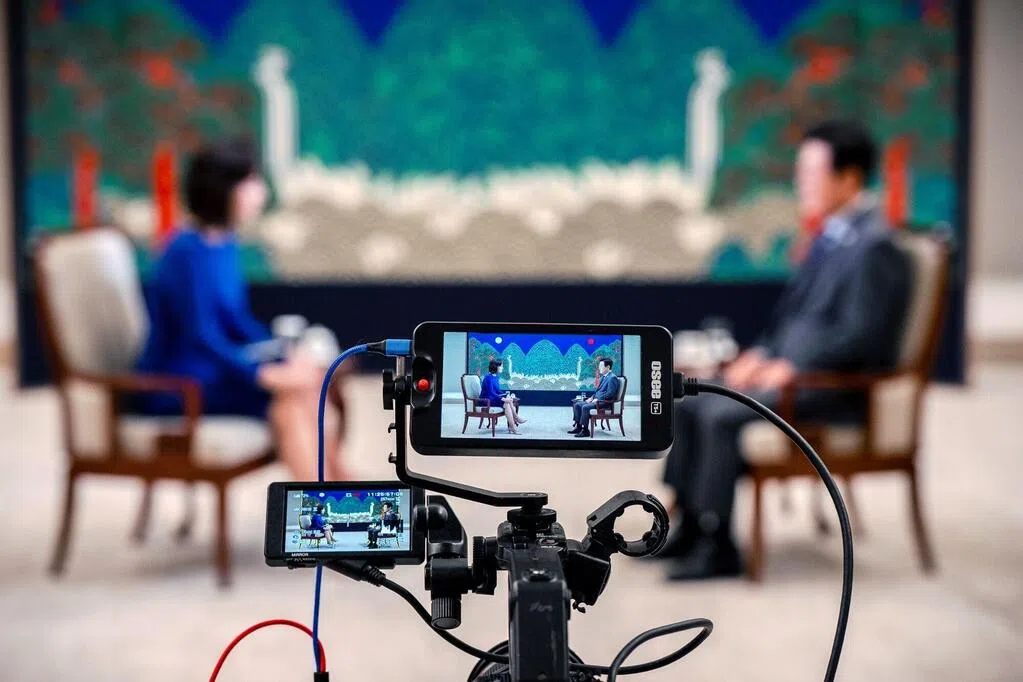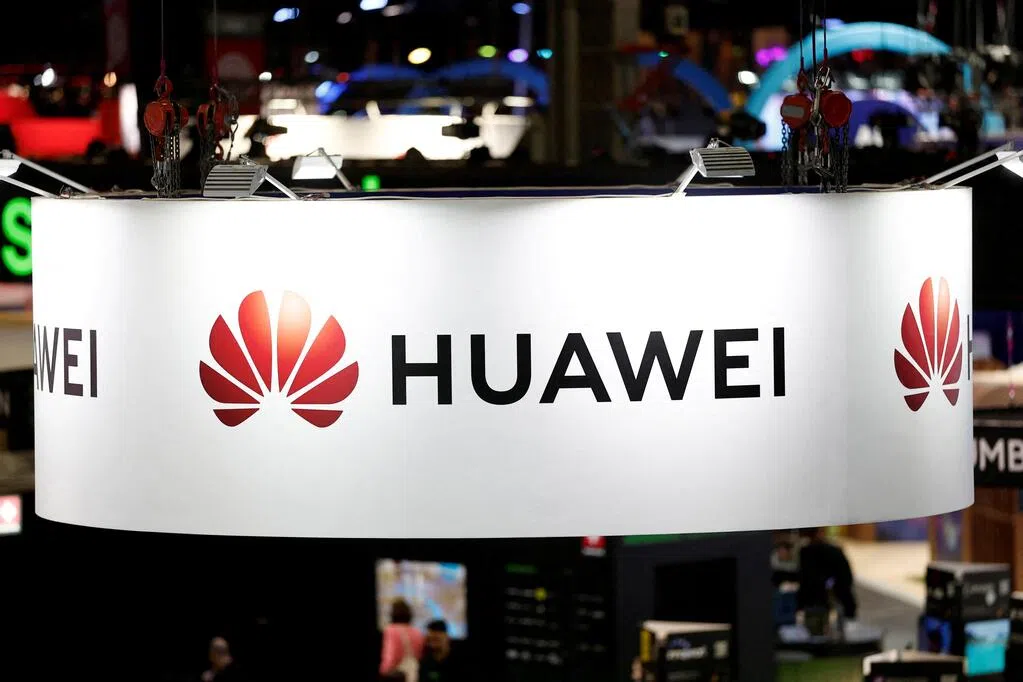The annual Asia-Pacific Economic Cooperation (APEC) Leaders' Informal Meeting will open on Friday (October 31) in Gyeongju, South Korea. US President Trump's tariff and trade policies are putting this organization, dedicated to promoting free trade and multilateral cooperation, to the test. Interviewed scholars believe that this summit will struggle to reach a joint declaration reflecting free trade.
Established in 1989, APEC's 21 members include major economies such as the United States, China, Japan, and South Korea; the seven ASEAN members—Brunei, Indonesia, Malaysia, the Philippines, Singapore, Thailand, and Vietnam; and some smaller economies in the Pacific and Latin America.
In its 36 years of existence, member economies have accounted for half of global trade and over 60% of global GDP.
From 1989 to 2023, the real GDP of APEC economies grew from approximately US$19 trillion (nearly S$25 trillion) to US$56.9 trillion; the volume of merchandise trade in the Asia-Pacific region increased from US$3 trillion to US$14 trillion; and the average tariff rate decreased from over 10% to below 5%.
These figures demonstrate the important role APEC plays in promoting regional openness and prosperity.
Further Reading


However, since President Trump returned to the White House in January, his series of tariffs and trade protectionist measures have run counter to the spirit of APEC and severely damaged member economies.
The United States is the largest economy among APEC members and a major source of foreign direct investment (FDI) for APEC economies, with its FDI stock (the total cumulative value of foreign assets held) in APEC reaching $1.7 trillion in 2024.
However, the reciprocal tariffs imposed by the United States on its global trading partners in April affected more than half of APEC's member economies. This led APEC to predict in its May Regional Trends Report that the region's export growth rate this year would be only 0.4%, far lower than last year's 5.7%, and the economic growth forecast was also lowered from 3.3% to 2.6%.
Scholars: Trump is not interested in APEC's core objectives. The United States is one of the founding members of APEC, and its initial participation was to provide a forum for member economies to promote regional economic cooperation, free trade, and investment to achieve common economic growth. However, under Trump's leadership, the United States has abandoned its role as a defender of free trade, and therefore is not enthusiastic about the APEC summit.
Although Trump arrived in Gyeongju, the host city of this year's summit, on Wednesday (August 29) and met with South Korean President Lee Jae-myung, and also attended the APEC CEO Summit, he plans to return home after meeting with Chinese President Xi Jinping in Busan on Thursday (August 30), and will not attend the APEC summit that opens on Friday.
In response, scholar Stephen Olson told Lianhe Zaobao that most of APEC's work revolves around some uncontroversial but important issues that have broad support from most countries. Therefore, Trump's absence is unlikely to have a significant impact; on the contrary, it could, to some extent, eliminate instability factors at the summit. Olson is a visiting senior fellow at the ISEAS Institute of Southeast Asian Studies (ISEAS) in Singapore.
Jayant Menon, a visiting senior fellow at ISEAS, told Lianhe Zaobao, “Trump didn’t attend the APEC summit because he’s not interested in APEC’s core objectives. He’s interested in bringing more investment to the US, which is why he attended the APEC CEO Summit.”
Business and technology leaders from the Asia-Pacific region attending the APEC CEO Summit included Nvidia CEO Jensen Huang and TikTok CEO Shou Zi Chew.
Trump’s dismissive attitude towards the APEC summit raises concerns about whether APEC still holds any significance.
Dr. Tao-Lu Cai of the National University of Singapore told Lianhe Zaobao, “Some might question whether APEC still has any real relevance in the current context of a major economy unilaterally imposing tariffs, restricting trade, and adding more uncertainty to the global economy. This is understandable. However, it is precisely in such turbulent times that APEC becomes even more important. It provides a multilateral platform for different economies to discuss issues of concern to them.” Cai is a senior lecturer in the Department of Strategy and Policy at the NUS Business School.
Menon, however, believes that “APEC’s significance extends far beyond the United States.” He pointed out that "due to the actions of the current US administration, the world is moving towards a great transformation towards a post-US order and a truly multipolar world."
South Korean Foreign Minister: It's Time to Rethink APEC's Role
Faced with changes in the global environment, South Korea, this year's APEC host, hopes to use this opportunity to update APEC's aims and plan new directions for cooperation. South Korean Foreign Minister Cho Hyun, in an interview with Channel News Asia, said, "We are now facing new challenges. Therefore, now is a good time for APEC leaders to deeply consider and discuss the future of APEC."
Cho Hyun revealed that the joint statement to be issued at this summit, the "Gyeongju Declaration," will revolve around three main themes: connectivity, innovation, and prosperity. "Connectivity means promoting trade and investment, and strengthening ties between countries, institutions, and people; innovation is about bridging the digital divide and improving the operation of artificial intelligence (AI); prosperity means striving to achieve sustainable development in all 21 APEC economies."
In recent years, APEC summit declarations have reiterated support for a rules-based multilateral trading system centered on the World Trade Organization. Whether this year will be no different is attracting attention. The APEC Leaders' Declaration requires unanimous agreement from all member economies to be adopted.
Olson believes, "The US will certainly insist on using a lot of restrictive language, so I don't expect to see the same level of full support for free trade and globalization as in the past few years."
Cai Daolu believes that given the current political environment, not only will a joint declaration be impossible this year, but APEC will also be unable to reach a meaningful joint statement in the near future.
Zhao Xian confirmed at a meeting on Tuesday (28th) that the US and other member economies have significant differences regarding whether a joint declaration should include wording reaffirming the principles of free trade.
If these differences cannot be bridged, a joint declaration will not be issued at the end of the summit, and the host country will instead issue a chairman's statement.



